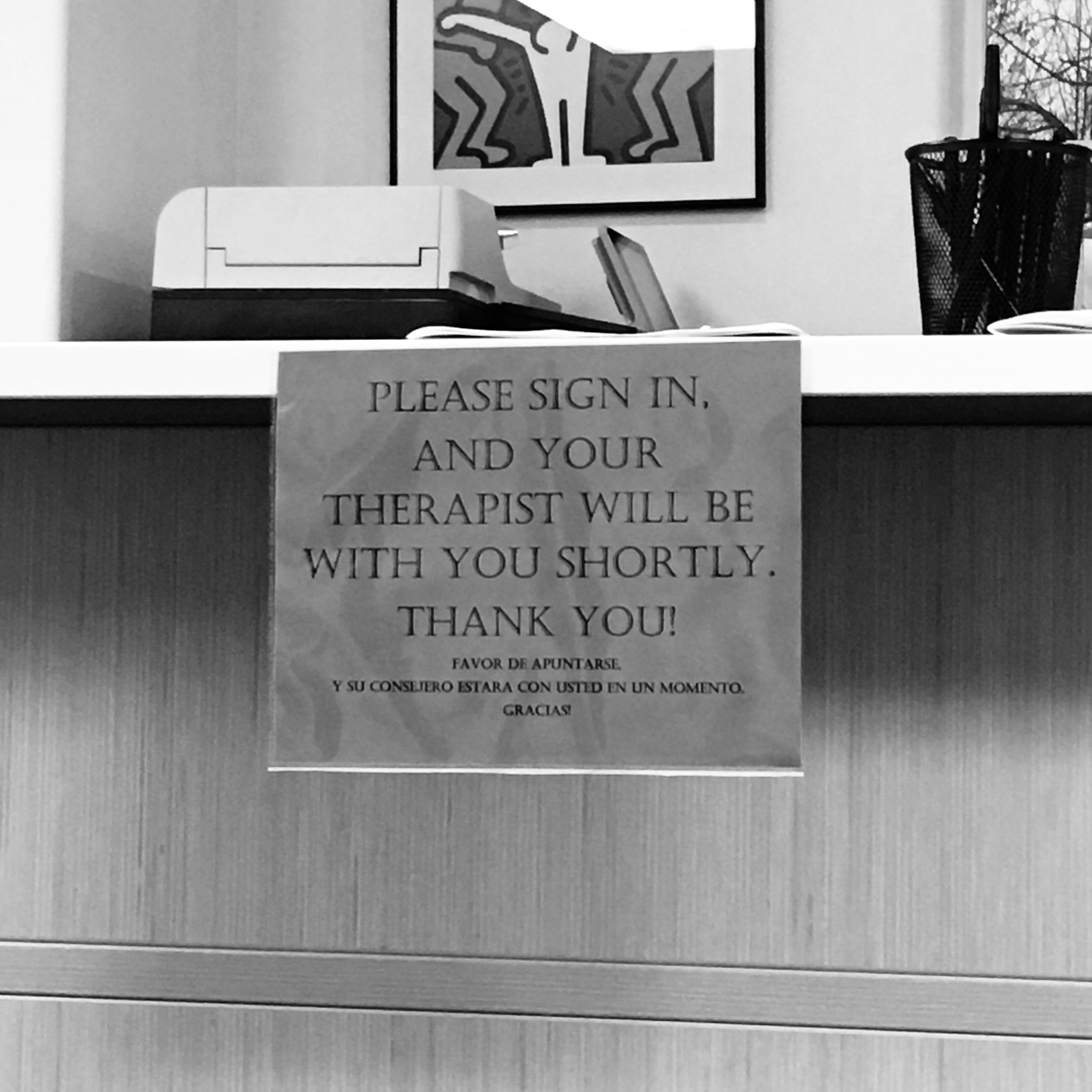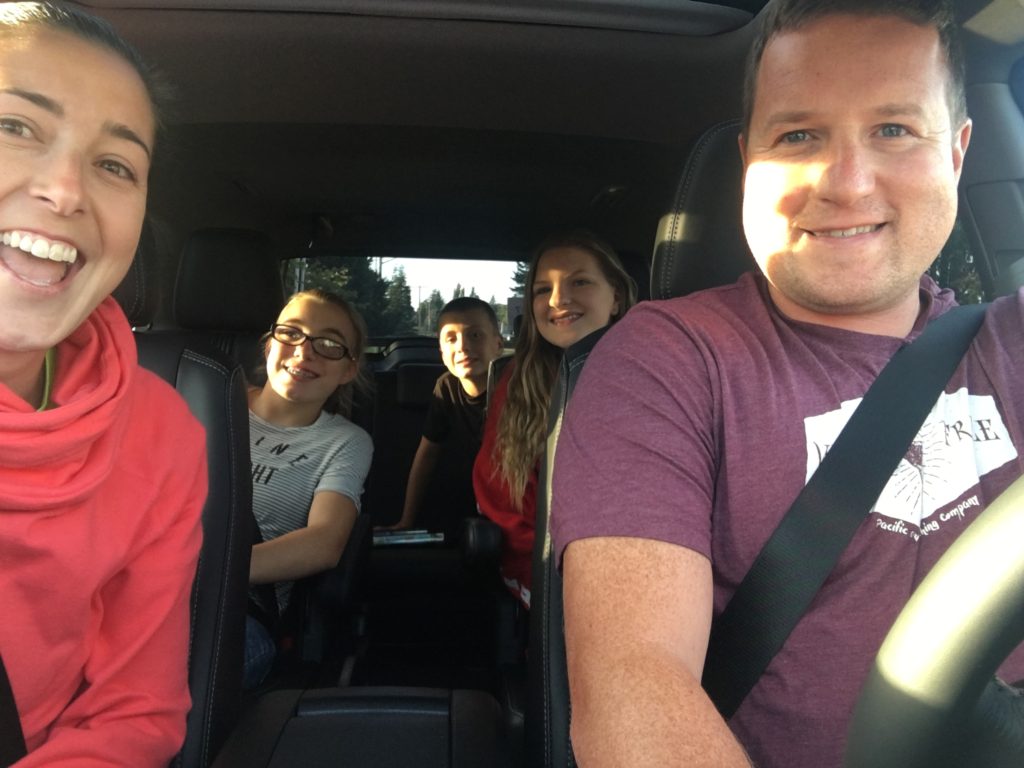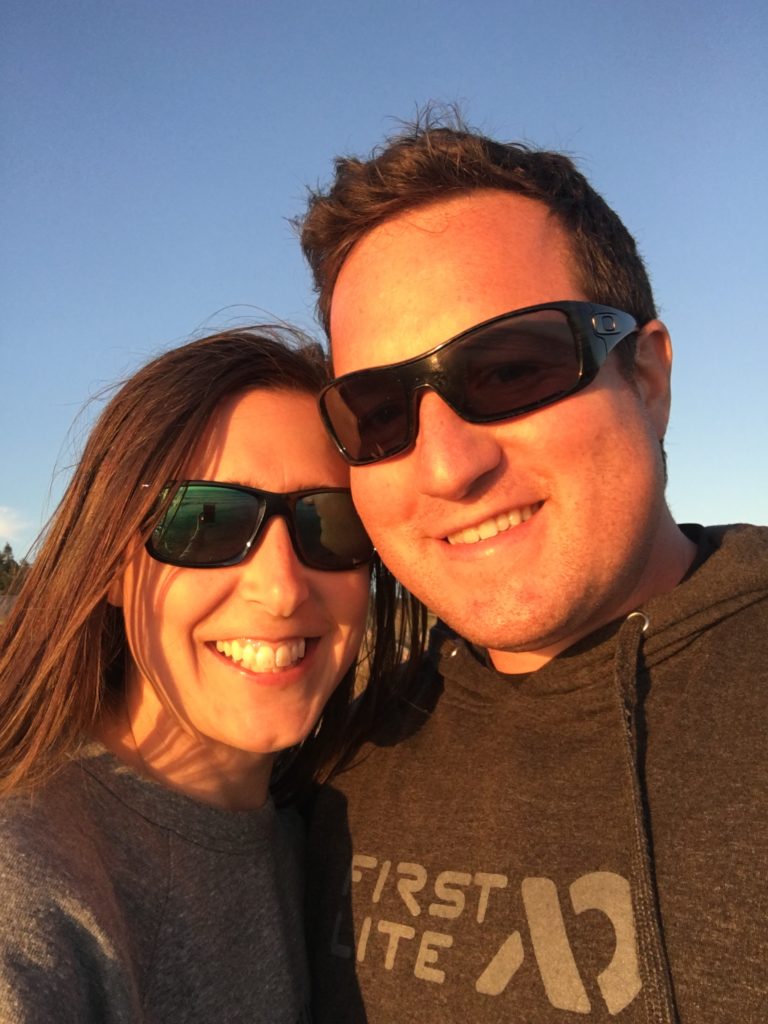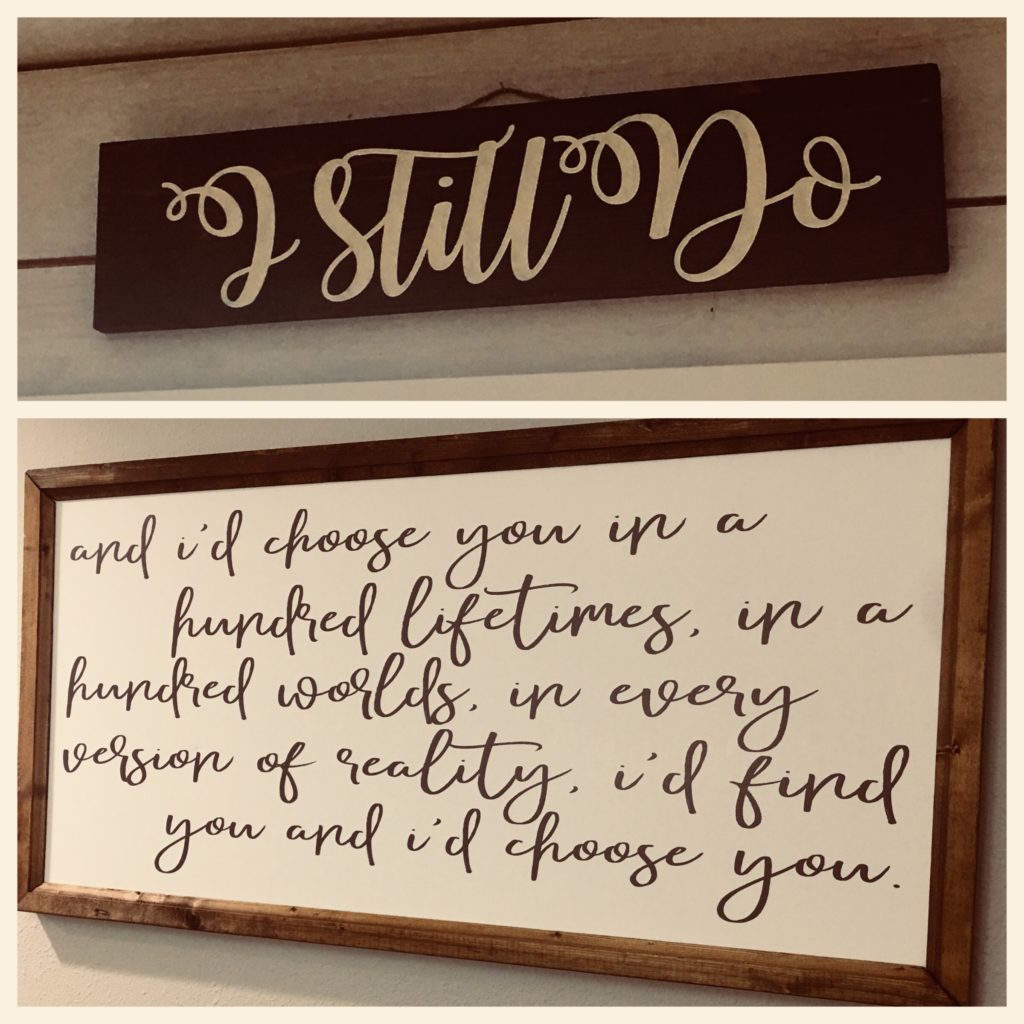….and not just because it’s my chosen and beloved profession. Counseling has so many mixed stigmas around its purpose, the techniques used behind those closed confidential doors, and its perceived effectiveness. Today I wanted to demystify the process just in case people out there are curious, in need, struggling and don’t know if seeking a counselor might be the next step.
Both of my little wonders have been in counseling the entirety of their stay with us. Some of their therapists have been amazing, others have been nice but not effective for what they needed at that exact time. And that’s okay and part of the process.
My husband sees a counselor and about very other session, I get to join him for couples’ sessions. This work has been going on since before we were married and I can honestly say I have no idea if we would have been able to do this foster parenting gig without the help of our counselor focusing on us and our marriage throughout the journey. Most of the time, it just feels like we meet up with an old and endlessly supportive friend to digest our weeks, our victories, and our struggles…..it also gives us a chance to bring up sensitive topics and challenges so that we can hash them out with a “mediator” of sorts to keep things moving in a positive direction. At times, I will hold some of my nagging comments about negative behaviors until our meeting, so I can make sure that I am saying them in an effective and healthy way versus an angry, impatient way.
I hear so many comments and perceptions about counseling from my friends and family that are true with some therapists, but certainly not all! The trick is finding a good fit with personality, techniques used in your sessions, and the amount of work being suggested outside of regular sessions. Just like in real life relationships, you have to trust and be comfortable before growing and changing so this “fit” is absolutely vital. And I always tell people, give it a few sessions to assess the fit and then you can always change therapists…..but don’t just give up when the first doesn’t work!!!  Myth #1 – Talk therapy doesn’t work
Myth #1 – Talk therapy doesn’t work
I am going to call this myth only HALF true/false. Talk therapy really WON’T work if you don’t want it to. If you are resistant to your counselor’s feedback about some potential behavior patterns and roadblocks that might be in the way of your true wellness in life or relationships, then counseling probably won’t work for you….but only at that time/season in your life. Resistance to change is a natural part of the growth process so instead of feeling defeated by this, just know it will pass and keep counseling as an option for when you do feel ready. The point of therapy is for a completely neutral party to reflect back to you some possible changes that need to be made in your daily routines, communication, or chosen environments.
Myth #2 – Counseling means I can’t fix (insert problem) on my own.
Can any of us fix 100% of our own problems on our own? Definitely not. Do all of us need support when we are attempting to fix some things standing in our way? Absolutely – because it’s really frickin’ hard to change!!!! Counseling is not a magic wand that will magically make your struggles disappear as soon as you enter the office. What it does insert into your life is a support person that has no preconceived notions of why you’re there, no knowledge/background of your past/family/personality and is SIMPLY hearing you. Hearing what you bring to the table…..peeling back the onion layers of thoughts and justifications that you have placed on specific events/people/behaviors…..and then helping you take steps (big or small) towards a life that you imagine could be possible for you. As human beings, we are wired to be connected to each other – that is why we mirror the way someone stands when we are talking with them or start breathing in tandem with our children while we lay in bed with them at night. No one is meant to do this life alone…..
Myth #3 – Why would I pay someone when I can just complain to my friends?
Friends are amazing and such a positive addition to anyone’s life and there is absolutely no denying that. And I hope that many of you are lucky enough to have some friends that can challenge you and push you forward in your life to be your best self. They can ask certain questions to pull out your true feelings and beliefs about certain topics and then can fully support you as you move forward. But even with those amazingly supportive friends, they still have some biases and possibly tainted “filters” on hard conversations you might have to participate in. Loving you means they may not say what needs to be said. Challenging you might mean that they themselves are put in a less than ideal position (conflicts between mutual relationships, for example). So keep those friends close….and use them for support, positive energy, fun! And acknowledge that some of their support and words may hold some natural bias…..mostly from loving you and just wanting you to be happy/healthy. A counselor wants those same things, but provides a safe environment to reflect and change some things that might be holding you back.
Myth #4 – They just sit in the office and play games for an hour with my son/daughter.
As a school counselor, this is the statement I hear the most from parents. And yes, I agree that sitting in the counseling office playing games is not effective for children but only IF playing games is the only thing going on. What many parents don’t know is that counselors (me included) use common childhood games to connect with kiddos AND give them a safe space to answer our questions. Sitting face to face with a stranger and answering questions about their feelings and family is daunting….to adults and even more so to children. So sitting side-by-side and playing a game is much less intimidating and lets the child know that you are on their “team” and want them to feel safe and supported in your office.
Here is a great real-life example of playing games with children:
Some parents/teachers might see me playing the game Candyland with my students. But what they might not know is that I have different categories associated with each color and the student gets to tell me one thing each time they draw a certain color (or two if they are lucky enough to get a double color card). For example, if the category for red is “family”, when Suzy Student pulls a red card, before she can move, she gets to tell me one thing about her family. This is a great way to build rapport with children because they don’t even know they are in a meaningful conversation – they just think they’re playing a fun game!
But with this myth, I want to follow up with this – as a parent, make sure you know the specific goals that your child is working on in counseling. It is your right to ask about the goals and see if progress is being made. It is also completely normal (and welcomed by most therapists) for you to ask how YOU can help support those goals at home (reminders of strategies, “homework challenges” to try at home, etc.). It might not be as acceptable to ask the counselor everything that the child said in session or to ask the counselor to get a certain “story” or “lie” out during a session. Protecting confidentiality with a counselor is key in letting the child feel safe and protected in the space and time of the counseling process.
When my Wonders come out of their sessions, I ask them two questions –
1. “Is there anything you want to share with me from counseling?”
2. “What do you need right now to transition back to (school/home/family time)?”
These questions let them know I care about what they talked about, I’m not going to ask them a million questions about what they said, and I acknowledge they might have talked about some hard stuff and need some extra coping strategies or time to transition back.
Wow – I wasn’t expecting to write this much but I desperately want people to know that counseling can only help a situation/family….rarely does it hurt or send someone backwards. But the best way for it to “work” and produce positive outcomes is for the individual to be open and honest in WANTING to move forward. If you are there and need some places to start looking, please visit my school webpage for a great one-stop shop of many phone number and websites that you can start exploring to start your counseling journey.




